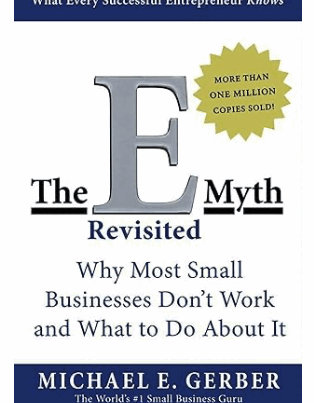The term “intellectual property” (IP) can confuse small business owners about precisely what it means. However, intellectual property rights and small business is an important topics. Think of your personal identity and personality and everything that makes you—you.
Your intellectual property is essentially the identity of your business and brand, and it’s essential to protect it at all costs. Read on to learn more about what IP means, what falls under the umbrella of types of intellectual property, and a brief introduction to intellectual property rights.
What Exactly Is Intellectual Property?
Now that we’ve explained intellectual property rights and small business as your small business owner (SBO) identity, what does that mean? Your intellectual property is comprised of the intangible assets in your business. This includes designs, automated processes, names—basically, your brand.
Protecting your intellectual property is essential because it can boost your ROI and extend your brand. Imagine if a competitor somehow used a similar design or copied your business model. You would be hurt, angry, and agitated. But if your intellectual property isn’t protected, your competitors can do whatever they please legally and freely. Intellectual property protection helps your business stand out and stay individualistic. But there are so many intricacies to navigate as a small business owner, so where should you start? There are a few proven ways to ensure your brand protection. Once you do, intellectual property rights for your small business protect you from others. Your IP is yours, and if anyone simulates or copies you, you can proceed with legal action.
How Do You Protect Your Intellectual Property?
The best way to perform product protection for a small business enterprise is to protect copyright, among other things. Therefore, knowing your rights and what you should do to protect your business is essential. Some of the ways you can intellectual property rights and small business include:
Apply for trademarks. A trademark (™) protects your brand from competitors copying your design, logo, and other intangible assets. It has things such as:
Taglines and slogans
Brand colors
Product and company names
Symbols and logos
A trademark can protect many things. Before applying for one, thoroughly research to ensure you’re not copying a competitor unintentionally.
Obtain copyrights and patents. These are two additional ways to protect your small business’s intellectual property rights. A trademark covers mainly intangible assets for your SBO, but a copyright (©) protects your tangible assets, too. A patent (℗) is a viable idea if you’ve created something unique, and it legally protects your invention or idea.
Register product and domain names. You may have a domain and website, but ensure it’s registered. Once you have a registered domain, it’s difficult for others to copy your URL string, although they can purchase something similar. If you have a unique product name, you should also register that.
You can use NDAs with your employees. Non-disclosure agreements are relatively standard for new hires and use them for intellectual property rights and small businesses. These agreements prevent employees (and consultants and vendors, if you choose) from speaking about the intricacies of your business and business operations to anyone else. However, if they do, you can pursue legal action as an NDA is an official document.
IP Is an Asset Your intellectual property is one of the most authentic assets of your business. It showcases who you are, what you do, what you offer, and why you’re attractive. Therefore, it’s imperative to protect it. But unfortunately, filling out patent applications and trademark forms can be slightly confusing.
To ensure everything is done correctly and protecting your IP is seamless, consider hiring a lawyer or a small business consultant who can help you navigate the tough stuff. While there are step-by-step instructions to apply for a patent, trademark, copyright, or protection, you can breathe easier knowing a professional is dotting all the Is and crossing the Ts. for your intellectual property rights and small business.
Sign up for my weekly complimentary blog articles on important business and management topics here.
Coach Dave
- Award-Winning Time Management Tips for Entrepreneurs - January 15, 2026
- Duties and Responsibilities of a CEO - January 8, 2026
- Agonizing Reasons Why We Procrastinate and What You Should Do About It - December 18, 2025



